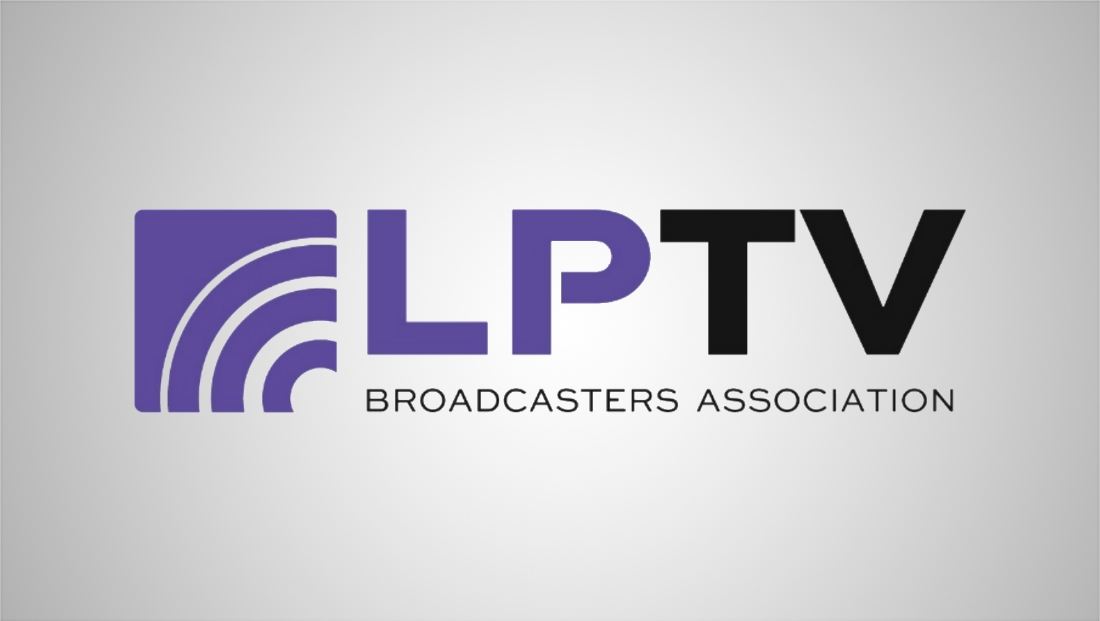LPTV association calls NAB’s NextGen TV transition plan ‘crony capitalism’

Weekly insights on the technology, production and business decisions shaping media and broadcast. Free to access. Independent coverage. Unsubscribe anytime.
The LPTV Broadcasters Association has urged the Federal Communications Commission to reject the National Association of Broadcasters‘ petition for a mandatory transition to ATSC 3.0, arguing the proposal would create a government-enforced monopoly that threatens free over-the-air television.
In a filing submitted September 2, the association warned that mandating the NextGen TV standard would “empower collusion by a group of patent owners to be able to extract licensing fees without oversight or constraint.”
The group represents low-power television stations that serve local communities across the United States.
The NAB’s February 2025 petition outlined a two-phase transition plan requiring full-power stations in the top 55 markets to end ATSC 1.0 simulcasting by February 2028, with remaining stations following by February 2030. ATSC 3.0 promises enhanced features including 4K video, interactive content, and improved mobile reception.
Frank Copsidas, president and founder of the LPTV Broadcasters Association, characterized the proposal as “crony capitalism at its worst” in the filing. He argued that ATSC 3.0’s patent structure differs fundamentally from previous broadcast standards.
“ATSC 3.0 isn’t a free and open standard; it’s built on a web of patents controlled by a handful of companies through patent pools,” the filing stated. These pools include major players such as LG Electronics, Samsung, and the Korea Electronics Technology Institute, which license technology for royalties reaching $6.75 per TV unit.
The FCC departed from precedent by declining to require “reasonable and non-discriminatory” licensing for ATSC 3.0 patents, according to the filing. This decision has created market disruption, including LG’s 2023 halt of ATSC 3.0-compatible TV production following a patent lawsuit loss to Constellation Designs.
The LPTV association warned that mandatory certification fees could force many low-power stations off the air, threatening free over-the-air access for millions of viewers. Small broadcasters would face prohibitive costs while consumers encounter higher device prices without guaranteed benefits.
The filing draws extensive parallels to the Department of Justice’s antitrust case against Google’s Android operating system. Judge Amit Mehta ruled in August 2024 that Google illegally maintained a monopoly in online search and search advertising partly through Android control.
“Just as Google’s Android practices limited rival search engines’ ability to compete, a mandated ATSC 3.0 would exclude alternative broadcast standards, forcing broadcasters and consumers into a system where patent holders dictate terms,” the filing argued.
The DOJ’s November 2024 proposed remedies included forcing Google to divest Chrome and potentially Android, or barring mandatory Google services on Android devices. Copsidas argues this demonstrates government recognition that monopolistic technology platform control harms competition and consumers.
The LPTV filing joins broader industry resistance to the NAB proposal. Six industry groups, including the Consumer Technology Association and NCTA, have urged the FCC to reject the mandatory transition plan.
Former FCC Commissioner Michael O’Rielly criticized the proposal, noting that declaring ATSC 1.0 obsolete would require massive consumer upgrades without clear benefits. The Consumer Technology Association argued in FCC comments that consumer demand, not tuner mandates, should drive success.
NCTA, representing cable operators, called the forced transition “unjustified and ill-advised,” citing low adoption rates and high implementation costs.
The LPTV association advocates for maintaining the voluntary transition approach, arguing that competing standards historically produce better consumer outcomes than government mandates.
“Innovation thrives in competitive environments, not under government fiat that props up private monopolies,” the filing stated. “If broadcasters truly believe in NextGen TV’s merits, let the market prove it — without forcing consumers to foot the bill for patent royalties.”
The association contrasts the proposed ATSC 3.0 mandate with the 2009 digital TV transition from analog to ATSC 1.0, which freed spectrum for wireless broadband and included consumer subsidies. ATSC 3.0 offers no comparable public benefit, according to the filing.






tags
FCC, Frank Copsidas, Low Power Television (LPTV), LPTV Broadcasters Association, NAB, NextGen TV ATSC 3.0
categories
Broadcast Business News, Broadcast Engineering, Featured, NextGen TV, Policy